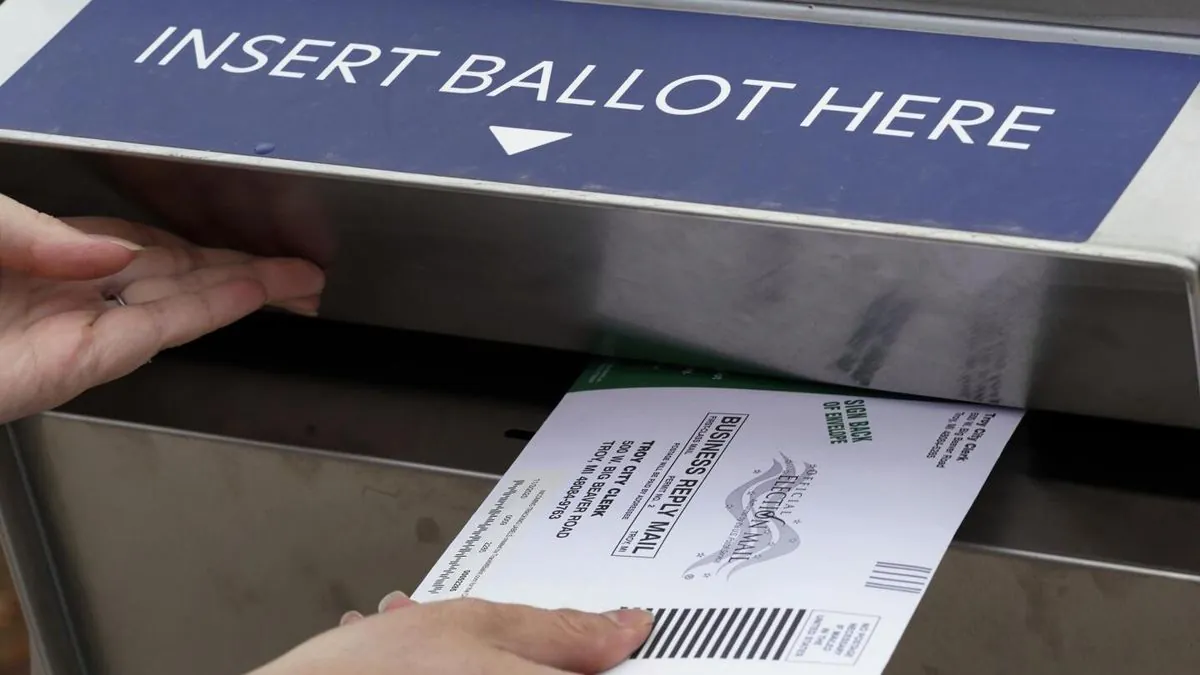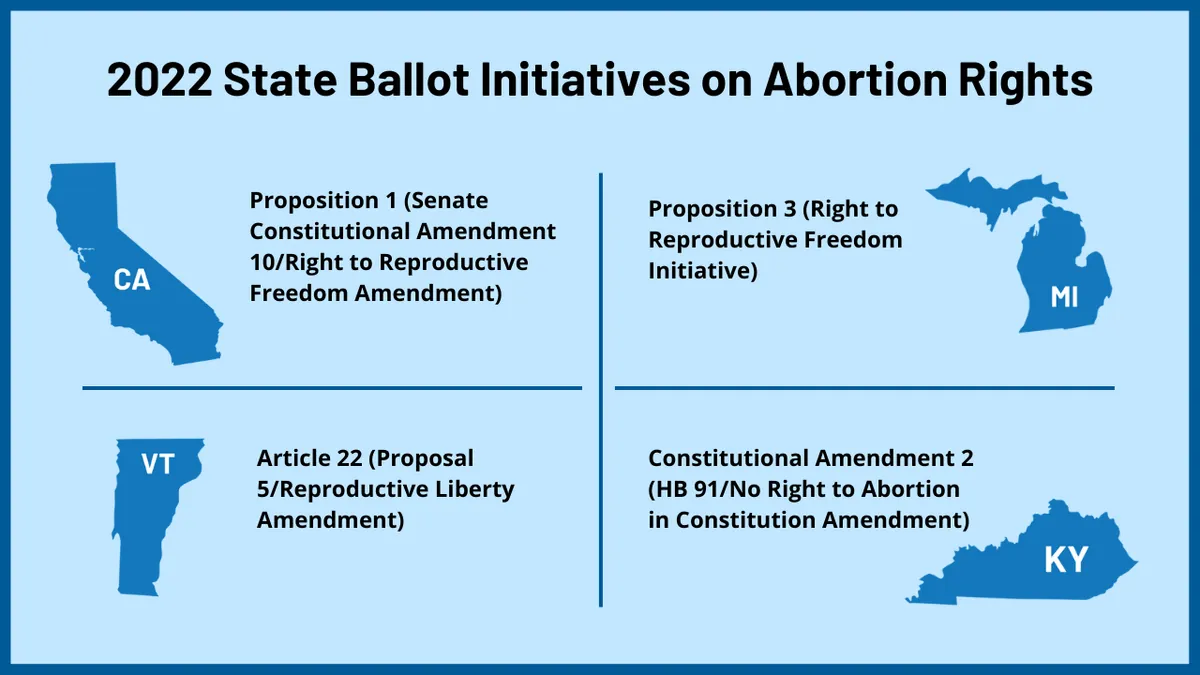Voters to Decide on Crucial Issues in Upcoming General Election
Over 140 ballot measures across 41 states will allow voters to directly decide on key issues including abortion rights, election reforms, and marijuana legalization in the upcoming general election.

In the upcoming general election, voters across the United States will have the opportunity to directly influence policy decisions on a wide range of crucial issues. More than 140 ballot measures are set to appear in 41 states, covering topics from reproductive rights to tax reforms.
One of the most prominent issues on ballots is abortion rights, with nine states considering constitutional amendments related to reproductive healthcare. This surge in abortion-related initiatives comes in response to the U.S. Supreme Court's decision two years ago that overturned federal protections for abortion rights. Arizona, Colorado, Florida, Maryland, Missouri, Montana, Nebraska, Nevada, and South Dakota will all have measures addressing this topic.

Election reforms are another significant focus of this year's ballot measures. Several states, including Idaho, Montana, Nevada, and South Dakota, are proposing open primary systems, where candidates from all parties appear on the same ballot. Ranked choice voting, a method already used in Alaska and Maine, is also under consideration in multiple states. These initiatives reflect a growing interest in alternative voting systems, with Maine being the first state to adopt ranked choice voting for federal elections in 2016.
"This year's ballot measures represent a significant opportunity for voters to shape policy directly on issues that matter most to them. From abortion rights to election reforms, citizens are being asked to make decisions that could have far-reaching impacts on their communities and the nation as a whole."
Marijuana legalization continues to be a recurring theme on ballots, with Florida, North Dakota, and South Dakota considering measures to legalize recreational use for adults. This trend follows Colorado's landmark decision in 2012, which made it the first state to legalize recreational marijuana through a ballot measure.
Other notable measures include proposals to address crime and punishment, with California considering tougher penalties for repeat shoplifters and fentanyl dealers. Arizona voters will decide on making unauthorized border crossings a state crime, while several states are proposing amendments to prohibit noncitizen voting in elections.
Labor and wage issues are also prominent, with California, Alaska, and Missouri considering minimum wage increases. These initiatives reflect ongoing debates about fair compensation, with Washington state currently holding the highest state minimum wage at $15.74 per hour.
Interestingly, North Dakota is proposing a unique measure to eliminate property taxes entirely, potentially requiring significant replacement revenue from the state. This proposal stands out as North Dakota is also the only state with no voter registration requirement, highlighting its distinctive approach to civic participation.
As voters prepare to cast their ballots, it's worth noting that the concept of citizen-initiated ballot measures has a long history in the United States, with South Dakota introducing the practice in 1898. Since then, ballot initiatives have become an integral part of direct democracy in many states, allowing citizens to have a more active role in shaping legislation and policy.
The upcoming general election presents a significant opportunity for voters to directly influence a wide array of issues that will shape the future of their states and the nation as a whole. As citizens consider these ballot measures, they are participating in a tradition of direct democracy that has been a part of the American political landscape for over a century.


































